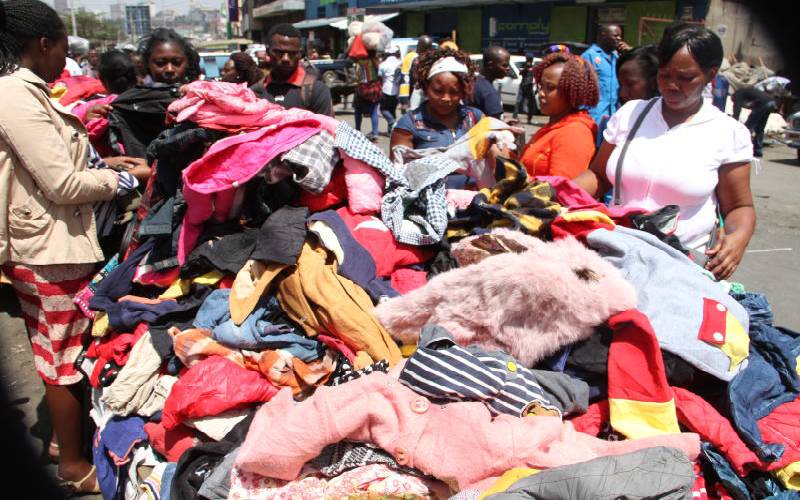×
The Standard e-Paper
Stay Informed, Even Offline

Before Charles Njagua Kanyi became a Member of Parliament for Starehe Constituency, Nairobi County, in 2017, he was a prolific musician famed for his Kigeugeu song.
His stage name was ‘Jaguar,’ and his metamorphosis into an international artist had just started when he vroomed into politics. He had reveled in his newfound global outlook.







